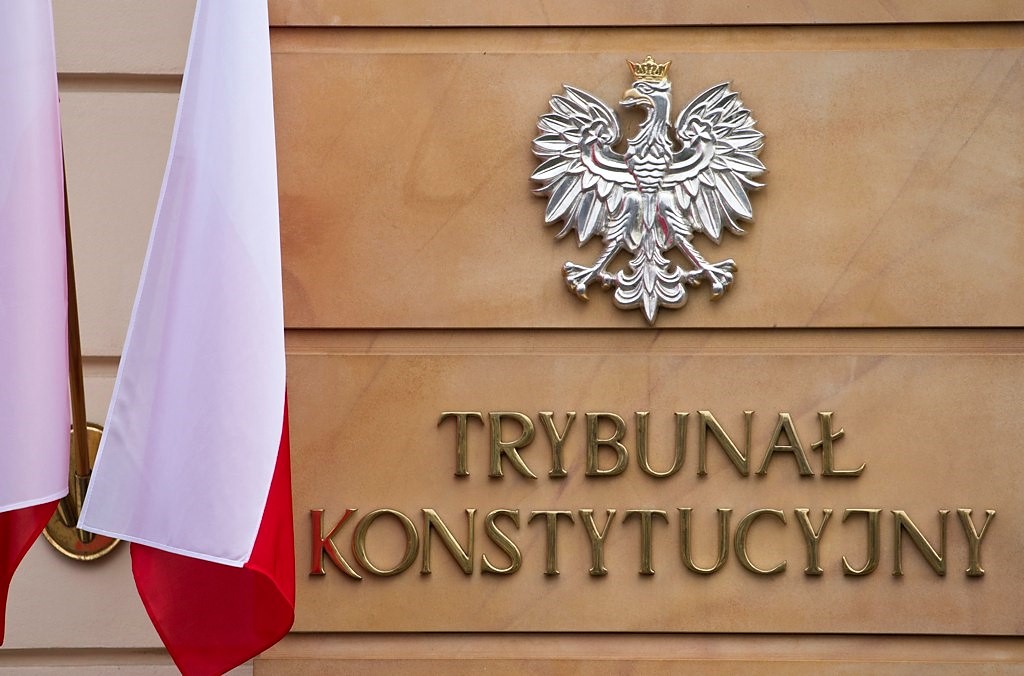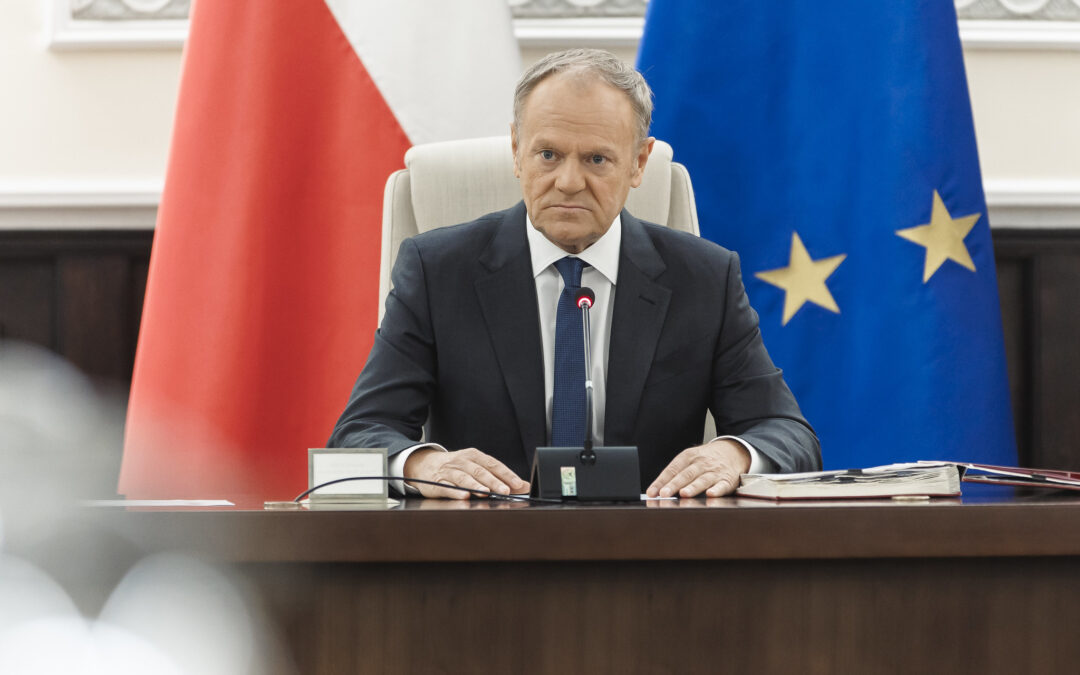Poland’s constitutional court has found that part of the European Convention on Human Rights that guarantees the right to a fair trial is incompatible with the Polish constitution. The ruling was made in response to a request by the justice minister.
The judgement in effect means that the European Court of Human Rights (ECHR) cannot question the status of certain Polish judges. The Strasbourg court has issued a number of rulings against the Polish government’s overhaul of the judiciary, which a variety of domestic and international bodies have also found to violate the rule of law.
The ruling was welcomed by a deputy justice minister, who called it “a beautiful day for Polish rule of law and sovereignty”. But one legal expert warns that it “puts Poland dangerously close to Russia in terms of lack of respect for the ECHR”.
🇵🇱⚖️Polish Constitutional Tribunal proclaims its judgment in the case K 6/21, finding Art 6 (1) of European Convention on Human Rights incompatible with Polish Constitution regarding the right to fair trail in proceedings before the very same Constitutional Tribunal. (1/n) pic.twitter.com/dRUQLDbTTY
— Jakub Jaraczewski (@J_Jaraczewski) November 24, 2021
The decision was issued yesterday by the Constitutional Tribunal (TK), a body that is widely seen as being under the influence of the ruling party. Earlier this year, the ECHR found that the TK is not a “tribunal established by law” because it contains an illegitimately appointed judge.
Following that ECHR ruling, the justice minister, Zbigniew Ziobro, submitted an application to the TK arguing that, as an arbiter of the constitution, the TK does not administer justice and should not be treated as a court.
In its judgement yesterday, the TK agreed. “The Constitutional Tribunal is a judicial authority, but it is not a court,” said judge Wojciech Sych, quoted by Gazeta Wyborcza. The ECHR had therefore misinterpreted Article 6 of the European Convention of Human Rights regarding the right to a fair trial, the TK argued.
“The interpretation of the ECHR in relation to the Constitutional Tribunal negated the basic systemic principles expressed in the [Polish] constitution,” explained Sych. The TK’s justification was, however, disputed by other institutions and experts.
“It is incomprehensible that proceedings before the Constitutional Tribunal do not have to meet the requirements of a fair trial,” argued Poland’s human rights commissioner in a submission to the tribunal. “The body that guards the constitution should, above all else, meet these requirements.”
Wojciech Hermeliński, a former TK judge, told Onet that it is “unthinkable” that the tribunal “denies that it is a court”. He said that the body has been turned into “a tool for the government to weaken the power of European court rulings”.
Jakub Jaraczewski, a legal expert at Democracy Reporting International, noted that the ECHR is not bound by the TK’s decision. But he said that the ruling “provides the Polish government with legal cover to ignore another international court” and therefore “further escalates the Polish rule of law crisis”.
He also warned that “such disregard of a core human right puts Poland dangerously close to Russia”, which has also “introduced a mechanism of domestic ‘review’ of Strasbourg judgments”.
The TK’s decision was, however, welcomed by one of Ziobro’s deputy ministers, Sebastian Kaleta. “Another attempt at external and illegal interference in the Polish system stopped by the Constitutional Tribunal,” he tweeted, adding that it was “a beautiful day for Polish rule of law and sovereignty”.
Kolejna próba zewnętrznej i bezprawnej ingerencji w ustrój Polski powstrzymana przez TK👏
Wniosek był zakresowy, więc oczywiście sam przepis Polskę obowiązuje, jednak TK rozpoznając wniosek @ZiobroPL postawił tamę jego precedensowej interpretacji przez ETPCz. https://t.co/WrefeANG0f
— Sebastian Kaleta (@sjkaleta) November 24, 2021
Main image credit: Maciej Śmiarowski/KPRM (under CC BY-NC-ND 2.0)

Daniel Tilles is editor-in-chief of Notes from Poland. He has written on Polish affairs for a wide range of publications, including Foreign Policy, POLITICO Europe, EUobserver and Dziennik Gazeta Prawna.




















